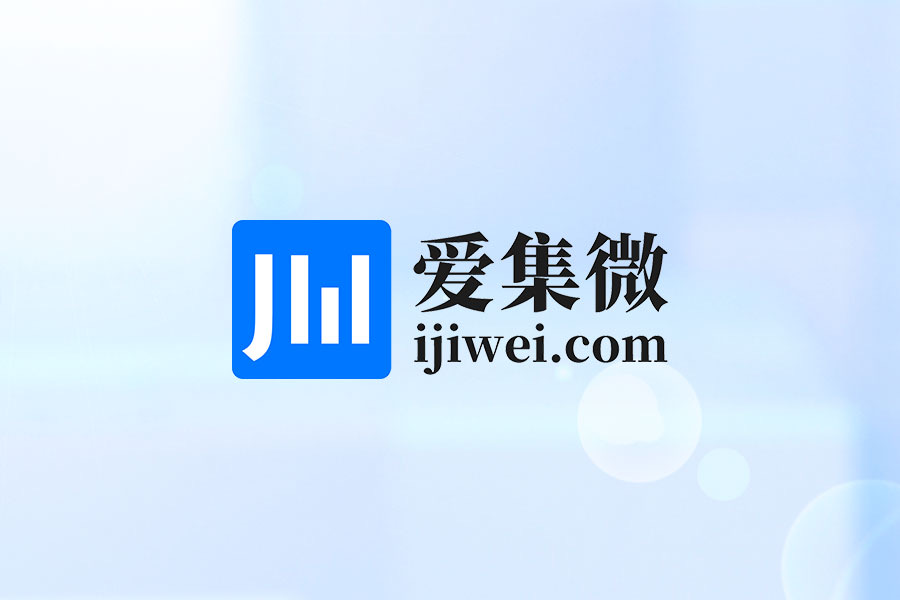
Editing by Greg Gao
ByteDance's acquisition of VR startup Pico heralds the pursuit of metaverse technology in China; more Chinese companies are also investing in this latest technology frontier, according to a JW Insights report by Wu Jianxin.

ByteDance, the owner of the hugely popular video-sharing app TikTok, acquired Pico(小鸟看看), a startup maker of VR headsets, recently with reported RMB 9 billion($1.4 billion). Tencent and other Chinese internet companies are gearing up to enter metaverse, virtual reality(VR), and augmented reality (AR) technologies.
Nreal, a Chinese developer of AR glasses and mixed reality (MR) equipment and technology, has raised $100 million in a Series C round funding.
With its soaring share price, the U.S. gaming company Roblox bills itself as the future of the internet and the builder of the immersive virtual world that made metaverse a buzzword in the world and China. Tech behemoths like Facebook, Nvidia, and Microsoft have made their forays, inspiring Chinese technology communities. Gartner predicts that by 2024, the compound annual growth rate of VR/AR headsets will reach 22%.
VR industry cooled down in China in the past five years, with many domestic VR headset companies on the verge of survival.
However, Pico, an innovative VR solutions provider formerly affiliated with Goertek(歌尔股份), evolved to a leader of VR headsets in China. IDC report shows that in 2020, Pico ranks first in China's domestic VR all-in-one headset market, with a market share as high as 57.8% in Q4 of last year. Its total VR headset sales exceeded 500,000 since its setup.
Pico was initially affiliated with Goertek, an electronics component and manufacturing service company in Weifang, eastern China's Shandong province. It was founded in 2015 in Beijing by Jiang Xun, the son of Geortek's chairman Jiang Bin. Goertek has been a leading behind-the-scenes player in the global VR/AR industry, providing parts, reference designs, and EMS(electronic manufacturing service) to Sony and Facebook.
According to an industry source, the affiliation between Pico and Goertek caused concern by Sony and Facebook for conflicts of interest with their businesses outsourced to Goertek. Under pressure from two key international clients, Goertek spun off Pico, while its shares benefited from providing ODM services to Pico.
Pico has been a favorite in the capital market, enjoying funding all the way. It raised RMB167.5 million($26.2 million) in the Series A round. This year Pico completed two rounds of financing in a short period. On January 6, the company raised RMB 193 million($30.18 million) in Series B financing; in March 2021, it completed another RMB 242 million($37.84 million) B+ financing round.
VR market demand began to gain some momentum last year. The cumulative sales of Facebook's Oculus Quest 2, its latest wire-free standalone headset, are projected to hit a record-high 5 million. With the rise of the metaverse concept, VR has attracted more and more attention from the market and venture capital firms.

In the first half of this year, Pico's focus rapidly shifted from enterprise to consumer. The initial sales of Pico Neo 3 exceeded expectations, and its total sales on JD.com, China's leading e-commerce platform, exceeded RMB10 million($1.56 million). Pico was the third-largest virtual reality headset maker globally in the first quarter of 2021, with shipments growing 44.7%; Facebook's Oculus and the Chinese company DPVR(大朋VR) ranked the first and second, according to IDC.
Bytedance's acquisition of Pico indicates this global player's interest and confidence in VR. A CNBC report quoted the company's statement as saying that Pico's "comprehensive suite of software and hardware technologies, as well as the talent and deep expertise of the team, will support both our entry into the VR space and long-term investment in this emerging field. "Bytedance is "optimistic about the future of VR and its alignment with our mission."
Su Bo, CEO of 0glass (深圳增强现实), a developer of industrial AR glasses and XR solution provider based in Shenzhen, pointed out that the sales of VR products are improving, and the market is picking up. If Bytedance can be successful on the VR industry track, it will have new development opportunities in the next generation of computing platforms.
Huang Zhuang, the founder of Naochuanyue (脑穿越), a VR content distribution and media platform, believes that Bytedance has at least two considerations for acquiring Pico: First, Bytedance is an information and video content platform with advantages in content, users, and big data, but it lacks with hardware genes. Pico can help it gain a foothold in the VR supply chain. Second, rumors abound that Bytedance is actively preparing for IPO, but some industry insiders believe it has encountered a development bottleneck. By acquiring Pico and betting on the next-generation interactive entertainment platform, it helps to increase the valuation of ByteDance.
Now that the sales of Oculus Quest 2 continue to rise, the turning point of the VR industry has come.
They gave Chinese technology giants greater confidence, with Alibaba and NetEase dedicating new human and financial resources to the VR field. Tencent invested in both Epic and Roblox - the two metaverse games companies. It is heard that several other Chinese companies are ready to spend several billion or tens of billions of Chinese yuan to join the metaverse market.
With venture capital pouring into the global VR boom and the new metaverse craze, consumers and device manufacturers are driving the VR market growth to a new high, added another VR entrepreneur based in Shenzhen.
RELATED
-
ByteDance’s VR arm PICO starts layoffs of a thousand employees and organizational restructure overhaul
11-07 17:11 -
ARM China continues to engage in developing locally developed IP products and services for local innovations
11-02 15:35 -
Chinese AR startup Xreal unveiled latest AR glasses in London
10-27 17:32
READ MOST

No Data Yet~







